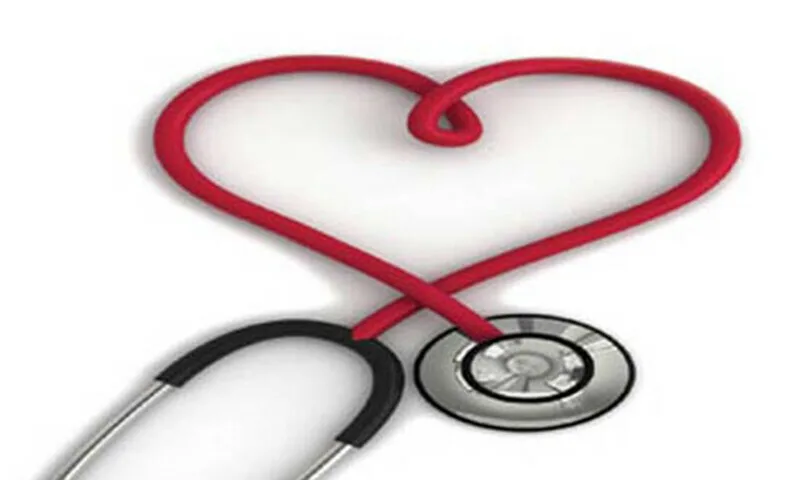Heart Attack Warning: Not Always Chest Pain
Heart attacks can be deceptive. Experts are highlighting a crucial point: chest pain isn’t always the primary symptom. This revelation underscores the importance of recognizing other, sometimes subtle, signs that could indicate a cardiac event. Knowing these signs can lead to quicker diagnosis and potentially save lives.
The Silent Signs of a Heart Attack
Many people associate heart attacks with intense chest pain, but this isn’t always the case. Some individuals, particularly women, diabetics, and the elderly, may experience different symptoms. These can include:
- Heaviness or discomfort in the chest
- Shortness of breath
- Pain in the arm, jaw, neck, or back
- Nausea or vomiting
- Lightheadedness or dizziness
- Unexplained fatigue
Heaviness During Activity: A Red Flag
Pay close attention to how your body feels during physical exertion. Experts specifically advise that if you experience a feeling of heaviness in your chest while walking or climbing stairs, it’s essential to seek medical attention. Don’t dismiss it as just being out of shape. This sensation could be a sign of reduced blood flow to the heart.
Why an ECG is Crucial
An electrocardiogram (ECG or EKG) is a simple, non-invasive test that records the electrical activity of your heart. It can quickly detect abnormalities that indicate a heart attack or other heart problems. If you experience any of the symptoms mentioned above, especially heaviness during activity, request an ECG from your doctor.
Taking Charge of Your Heart Health
Prevention is always better than cure. To minimize your risk of heart attack:
- Maintain a healthy weight
- Eat a balanced diet low in saturated and trans fats, cholesterol, and sodium
- Engage in regular physical activity
- Don’t smoke
- Manage stress
- Control blood pressure, cholesterol, and blood sugar levels
Final Overview: Listen to Your Body
Heart attacks don’t always present with textbook symptoms. By being aware of the less common signs, such as heaviness or discomfort, and acting quickly, you can significantly improve your chances of a positive outcome. If in doubt, always consult a healthcare professional.




+ There are no comments
Add yours